It’s no secret that even as the 2016 presidential election heads toward the Super Tuesday contests — and the all-important motherlode of delegates needed to help clinch the nomination — discussion of the nation’s K-12 education system has been largely neglected.
Inspired in part by the cable news networks’ town hall sessions, which let voters ask the candidates questions of real substance, The 74 staff tried to find out what candidates should be asked on such a vital subject. In this political dreamland, the two Democrats and five remaining Republicans would face, and answer, real, substantive inquiries.
Some would be super niche or in-the-weeds; all would move beyond what has sufficed as education discussion in the campaign so far: “The Common Core is evil!” on the right and “Free college for everyone!” on the left.
Here’s what our experts — former U.S. Secretary of Education Arne Duncan, U.S. Sen. Patty Murray, D-Washington, New York Times columnist Frank Bruni, prominent researchers across the education policy spectrum and classroom teachers on the front lines — think the candidates really should be discussing.
We offered our respondents the option to address all the candidates, which most did, a group or one specifically. (Check out The 74 on
where the remaining contenders stand on education issues.) Responses, listed in alphabetical order, have been lightly edited for length and grammar.
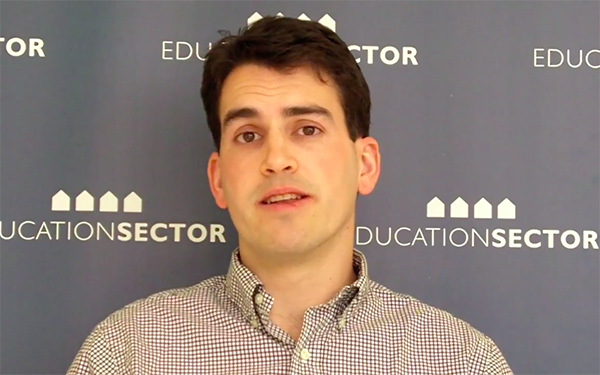 Chad Aldeman, associate partner, Bellwether Education Partners
Chad Aldeman, associate partner, Bellwether Education Partners
Are great teachers made or born? What's the federal government's role in answering this question?
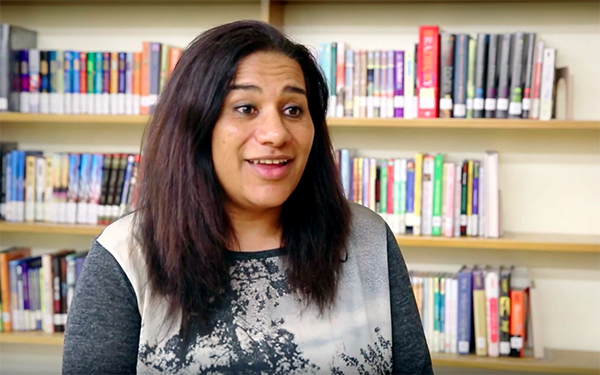 Bootsie Battle-Holt, math teacher and department chair at Marina del Rey Middle School in Los Angeles, and Teach Plus Teaching Policy Fellowship alum
Bootsie Battle-Holt, math teacher and department chair at Marina del Rey Middle School in Los Angeles, and Teach Plus Teaching Policy Fellowship alum
How do you plan to address the digital divide in education? Now that most assessments are taken on computers and tablets, we see major differences between students who are comfortable with everyday usage of that technology and students who are not. What can you do to make sure more kids are full participants in a digital age of learning?
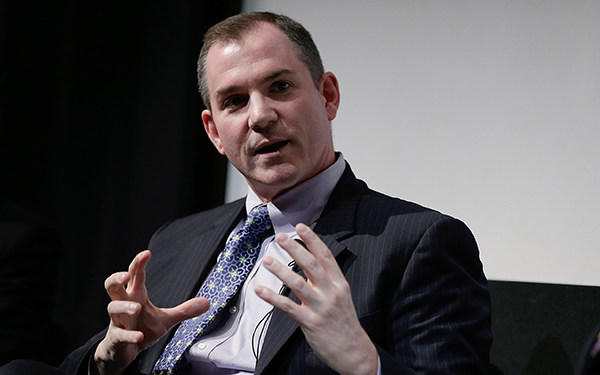 Frank Bruni, op-ed columnist at The New York Times
Frank Bruni, op-ed columnist at The New York Times
There's huge complaint with, and effort to roll back, the Common Core. But with much history and many studies to show that states, left to their own devices, judge achievement and educate their children with vastly discrepant standards, how would you ensure that no child suffers by dint of his or her zip code — and that the nation doesn't suffer from whole groups of children getting educations inferior to those lucky to live in a more conscientious state?
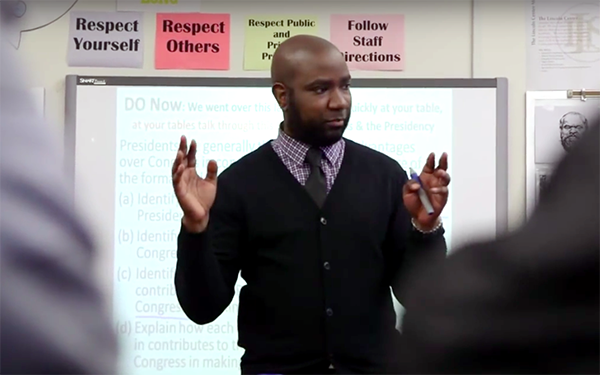 Nate Bowling, high school government teacher and 2016 Washington state teacher of the year
Nate Bowling, high school government teacher and 2016 Washington state teacher of the year
What changes need to be made at the national and state level to help attract and retain our most effective educators?
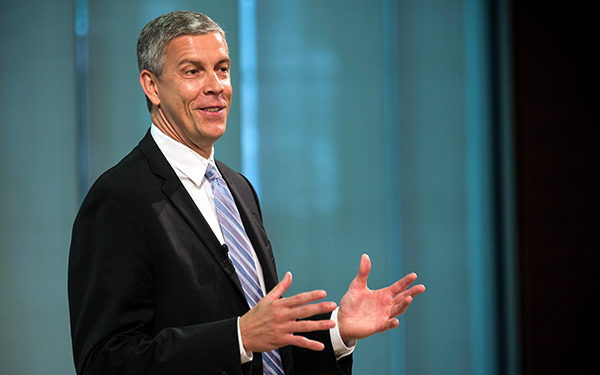 Arne Duncan, former education secretary
Arne Duncan, former education secretary
What are the candidates willing to do to invest in, and take to scale, the best evidence-based ideas that come not from Washington, D.C., but from local communities and educators?
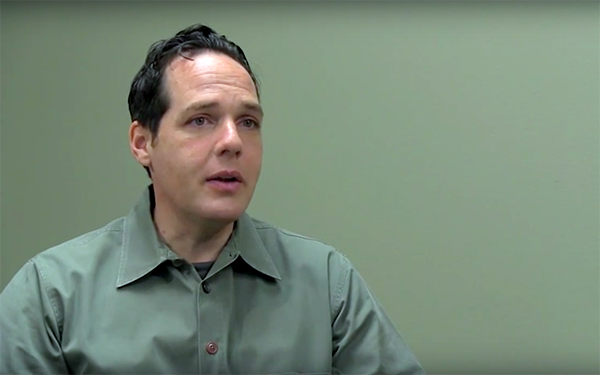 Dan Goldhaber, director, Center for Education Data and Research at the University of Washington Bothell
Dan Goldhaber, director, Center for Education Data and Research at the University of Washington Bothell
A major impetus for teacher evaluation reform was the widespread acknowledgment that states’ teacher performance evaluation systems did not reflect the full range (or much at all) of the variation in teacher effectiveness that we know exists in the labor market. The Every Student Succeeds Act (ESSA) returns greater control of teacher evaluation back to the states. Should the federal government take any sort of action if evidence finds that post-ESSA teacher evaluation systems again fail to meaningfully differentiate teacher performance?
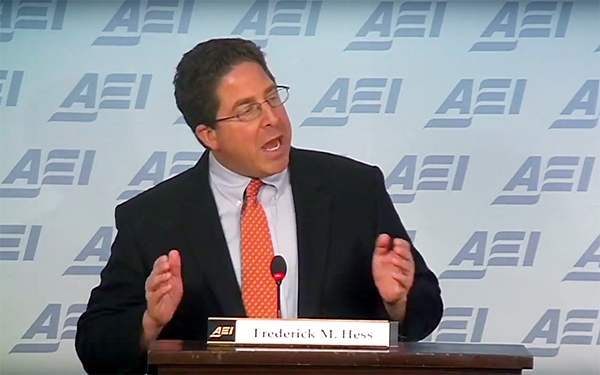 Rick Hess, director of Education Policy Studies, American Enterprise Institute
Rick Hess, director of Education Policy Studies, American Enterprise Institute
What do you believe to be the appropriate federal role in American education? How do you draw the line as to what Washington should do that is appropriate and constructive, and what do you think constitutes inappropriate or counterproductive overreach?
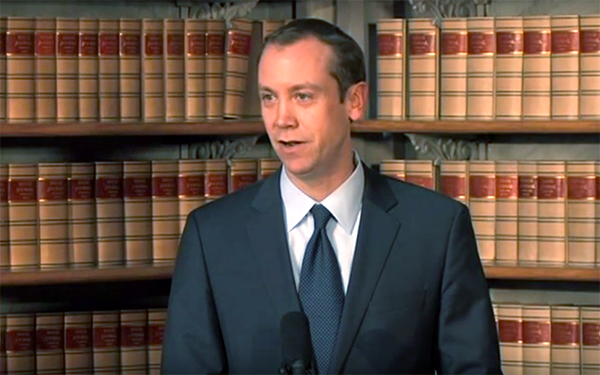 Kevin Huffman, fellow at New America and former Tennessee Commissioner of Education
Kevin Huffman, fellow at New America and former Tennessee Commissioner of Education
Would you consider reappointing John King as secretary of education? If not, who stands out to you as a prospective candidate for secretary?
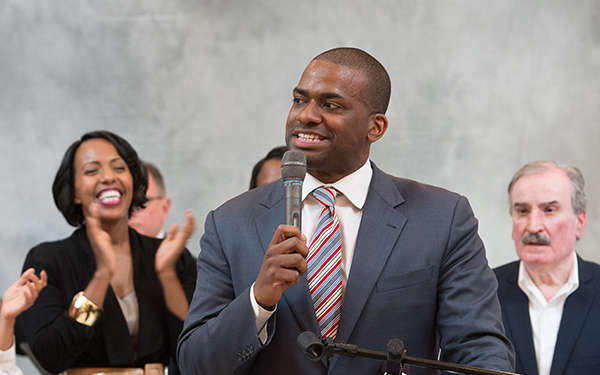 Shavar Jeffries, president, Democrats for Education Reform (to the Democratic candidates)
Shavar Jeffries, president, Democrats for Education Reform (to the Democratic candidates)
As President Obama leaves office, he also leaves behind an incredible education legacy of fighting for our students. His administration spearheaded a dual approach of investing in additional resources for our schools, as well as common-sense policy reforms — and the results have been nothing short of historic for our kids. And not only is President Obama’s education legacy working for students, our recent national polling shows that it’s incredibly popular and aligned with the priorities and values of the American electorate.
As president, would you continue to build on the Obama administration’s education agenda? If so, what specifically will you do to advance progressive, democratic reforms in K-12 and higher ed? If not, why? And what will you say to the vast majority of Americans in favor, as well as the students and families, who are benefitting from these policies every day?
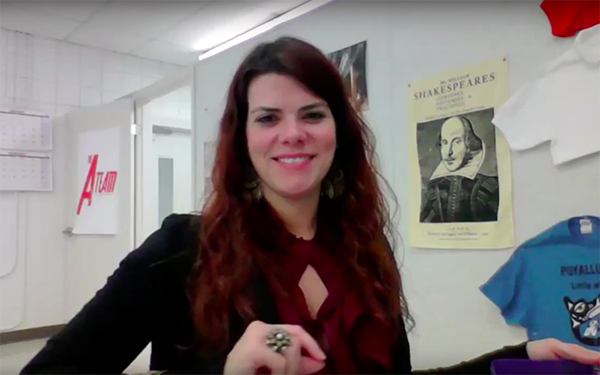 Casie Jones, director of School Support for The Achievement Network, Teach Plus Teaching Policy Fellowship alum, Memphis, Tenn.
Casie Jones, director of School Support for The Achievement Network, Teach Plus Teaching Policy Fellowship alum, Memphis, Tenn.
ESSA was definitely a win to help minority groups such as Native Americans to have more access to resources and funding. However, because the accountability for lower-performing schools and subgroups is now returned more to state control, how do you plan as a federal government to ensure that we are still moving toward equity in education for minority populations who are marginalized? What will be your specific stance on advancing equity in education at the federal level?
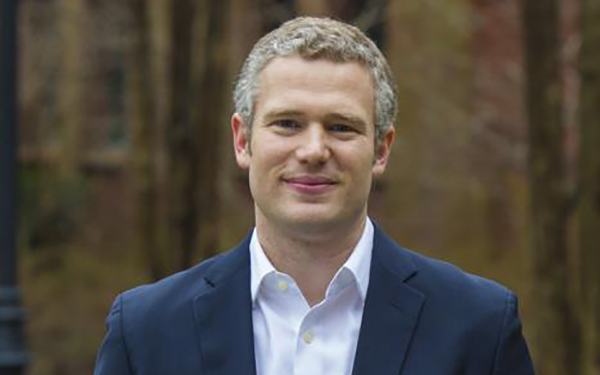 Matthew Kraft, assistant professor of education, Brown University
Matthew Kraft, assistant professor of education, Brown University
Under your administration, what role will the federal government play in helping state departments of education to identify and adopt best practices from other states? What specific programs or initiatives would promote and facilitate this cooperative sharing and learning?
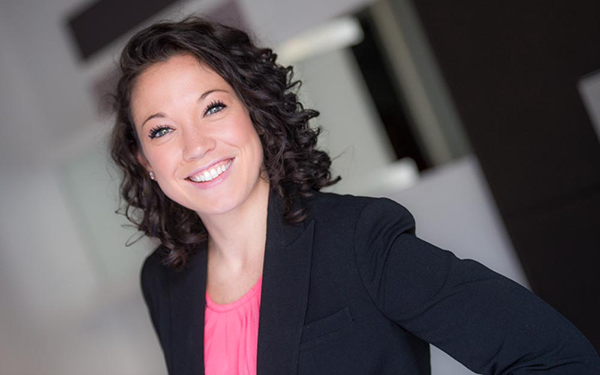 Ashley LiBetti Mitchel, senior analyst, Bellwether Education Partners
Ashley LiBetti Mitchel, senior analyst, Bellwether Education Partners
What is the role of the federal government in encouraging states to adopt evidence-based policies and practices? For example: Imagine there's a large body of peer-reviewed, gold-standard, high quality research demonstrating that Policy A improves a range of outcomes for high-need students. But several governors recently signed laws creating Policy B, which does the exact opposite. What do you do? What responsibility does the president have in this situation?
 Ben MacKenzie, high school English teacher, Minneapolis, Minn., member of Educators for Excellence-Minnesota
Ben MacKenzie, high school English teacher, Minneapolis, Minn., member of Educators for Excellence-Minnesota
How would your administration encourage more diverse applicants to enter the teaching profession? And what would you do to hold teacher training programs accountable for candidates attaining licensure and employment?
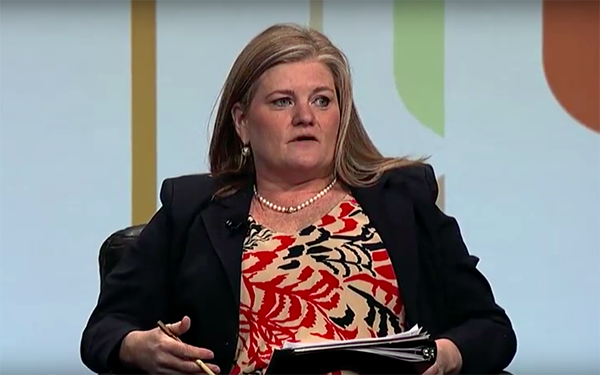 Carmel Martin, executive vice president for policy, Center for American Progress
Carmel Martin, executive vice president for policy, Center for American Progress
Teachers today face a host of challenges in the classroom, including meeting higher standards and teaching an ever-diversifying student population. At the same time, all students—especially those from low-income families—deserve to be taught by great teachers. To accomplish this goal, the U.S. must modernize and elevate the teaching profession, an effort that will require transforming the systems and policies that support teachers throughout all stages of their careers. What specific policies would you propose to strengthen the entire teacher career continuum so that teachers are recruited, inducted, supported and compensated like the professionals that they are?
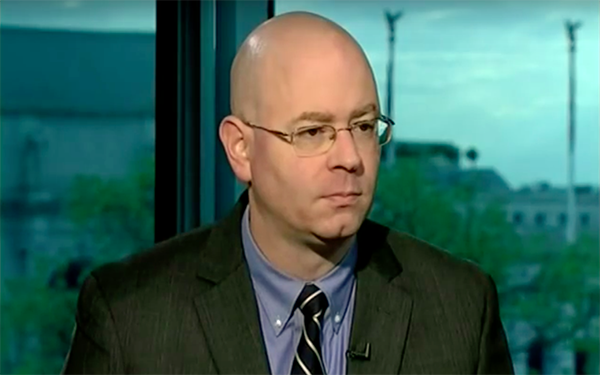 Neal McClusky, director, Center for Educational Freedom, Cato Institute
Neal McClusky, director, Center for Educational Freedom, Cato Institute
We have a lot of evidence consumers of higher education don’t use information that is available to them, including outcomes by major and completion rates of schools. Should the federal government publish more higher education data, and if so, why should we expect students will use it?
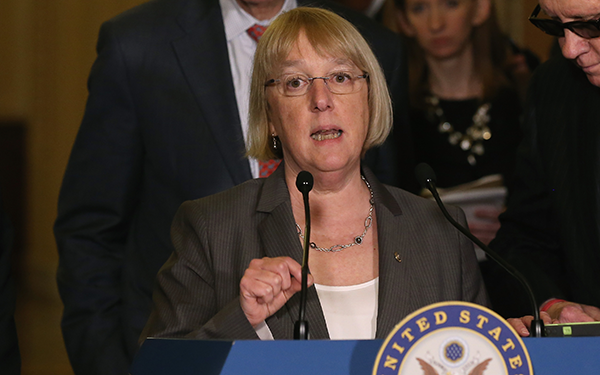 Sen. Patty Murray, ranking Democrat, Senate Health, Education, Labor and Pensions Committee
Sen. Patty Murray, ranking Democrat, Senate Health, Education, Labor and Pensions Committee
The Every Student Succeeds Act that was signed into law in December 2015 includes dedicated funding for preschool — a first for the nation’s primary elementary and secondary education law — but there is still much more work to be done to ensure that every child in this country is prepared for kindergarten. What will you do as president to expand access to high-quality preschool for more children?
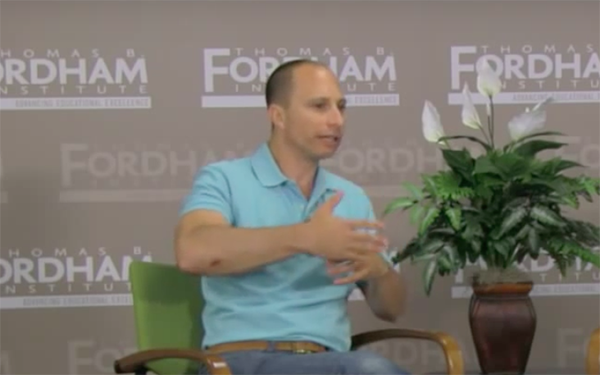 Mike Petrilli, president, The Fordham Institute
Mike Petrilli, president, The Fordham Institute
The Obama administration's Department of Education has warned school districts that it will launch civil rights investigations into schools that disproportionately suspend minority children, even if those schools employ race-neutral discipline policies and apply them evenly and fairly. Would you continue this policy as president? Is micromanaging schools' discipline practices an appropriate federal role in your opinion?
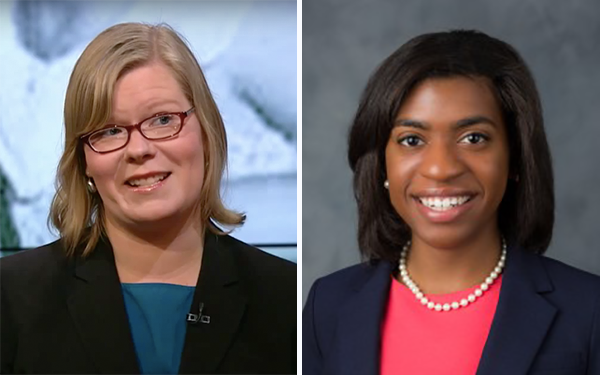 Halley Potter and Kimberly Quick, fellow and policy associate, The Century Foundation (based on joint research)
Halley Potter and Kimberly Quick, fellow and policy associate, The Century Foundation (based on joint research)
American public schools are in many ways more racially and economically segregated now than they have been for decades. Do you view school segregation as a problem? What, if anything, should the federal government do to encourage school integration?
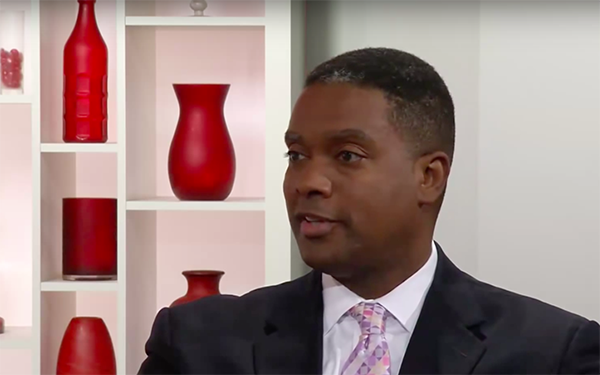 Gerard Robinson, fellow, American Enterprise Institute, former Florida education commissioner and Virginia secretary of education
Gerard Robinson, fellow, American Enterprise Institute, former Florida education commissioner and Virginia secretary of education
George Washington said, "Knowledge in every country is the surest basis of public happiness," during his first State of the Union address on January 8, 1790. As president, what will you say in your first State of the Union address about knowledge, education and public happiness?
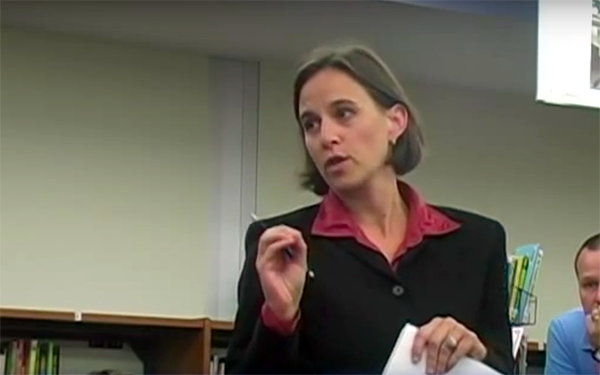 Erika Sanzi, parent, former teacher, blogger at Education Post
Erika Sanzi, parent, former teacher, blogger at Education Post
How would you solve the incredible disparities in school equity, which often concentrates the most needy and vulnerable students in schools with the fewest resources, the least qualified educators, and the worst access to advanced curriculum and technology?
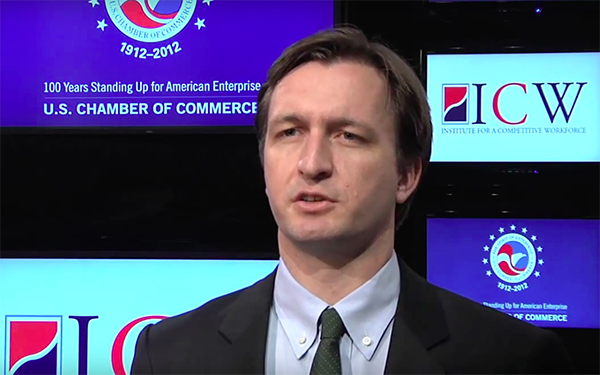 Evan Stone, co-founder and co-CEO, Educators for Excellence
Evan Stone, co-founder and co-CEO, Educators for Excellence
The average starting teacher salary is just $36,141, and the average overall salary is $56,383. This means that teacher salaries are 40 percent less than those of other college-educated workers in America. What do you think contributes to this and how could we increase teacher compensation?
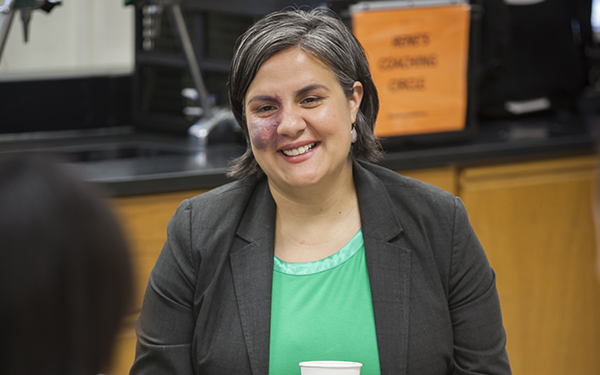 Elisa Villanueva Beard, CEO, Teach for America
Elisa Villanueva Beard, CEO, Teach for America
Our nation and economy are changing rapidly, but our schools haven’t kept up with the pace. What shifts would you make to better prepare students for the world we live in today? How would you innovate to help develop new leaders for this ever-shifting, increasingly globalized era?
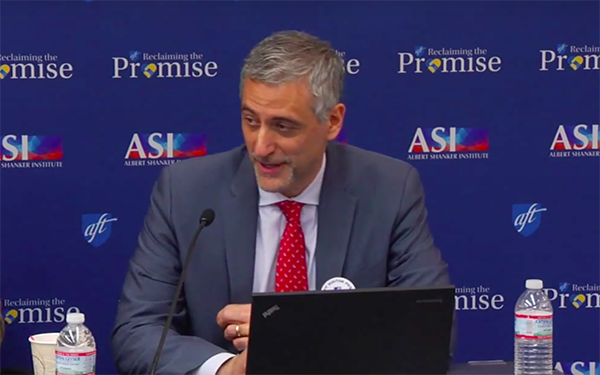 Dan Weisberg, president, The New Teacher Project
Dan Weisberg, president, The New Teacher Project
Polls consistently show that most parents—and about three-quarters of African-American and Latino parents—want college to be a real option for their children after they graduate from high school. All too often, though, high school diplomas in America turn out to be empty promises. While the national high school graduation rate has risen to 80 percent in recent years, only about 30 percent of public school students graduate truly ready for college. As a result, according to one estimate, a staggering 60 percent of African-American and Latino college students are shunted into remedial classes, along with about 40 percent of white and Asian students. The overwhelming majority of those students never earn a college degree. Clearly, our public schools need to do much more to make college a viable option for their students. As president, what goals would you set for increasing college readiness among high school graduates? What do you think the federal government could do to help schools meet those goals?
The 74’s CEO Romy Drucker and reporter Naomi Nix contributed to this report
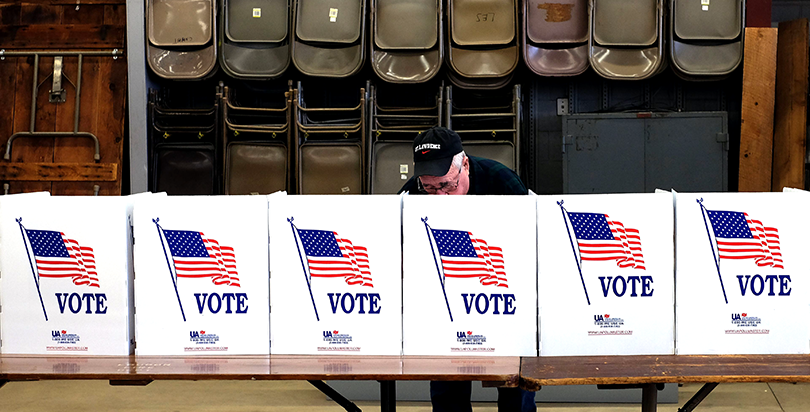
























;)

